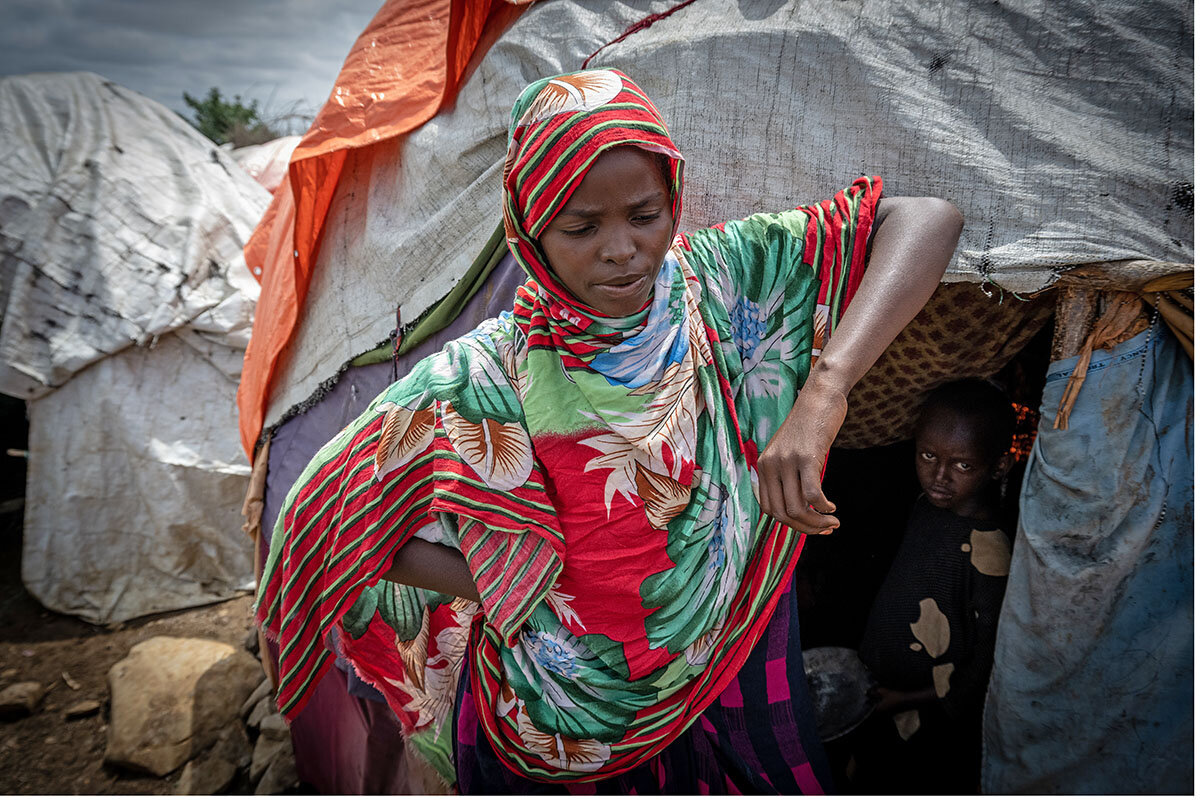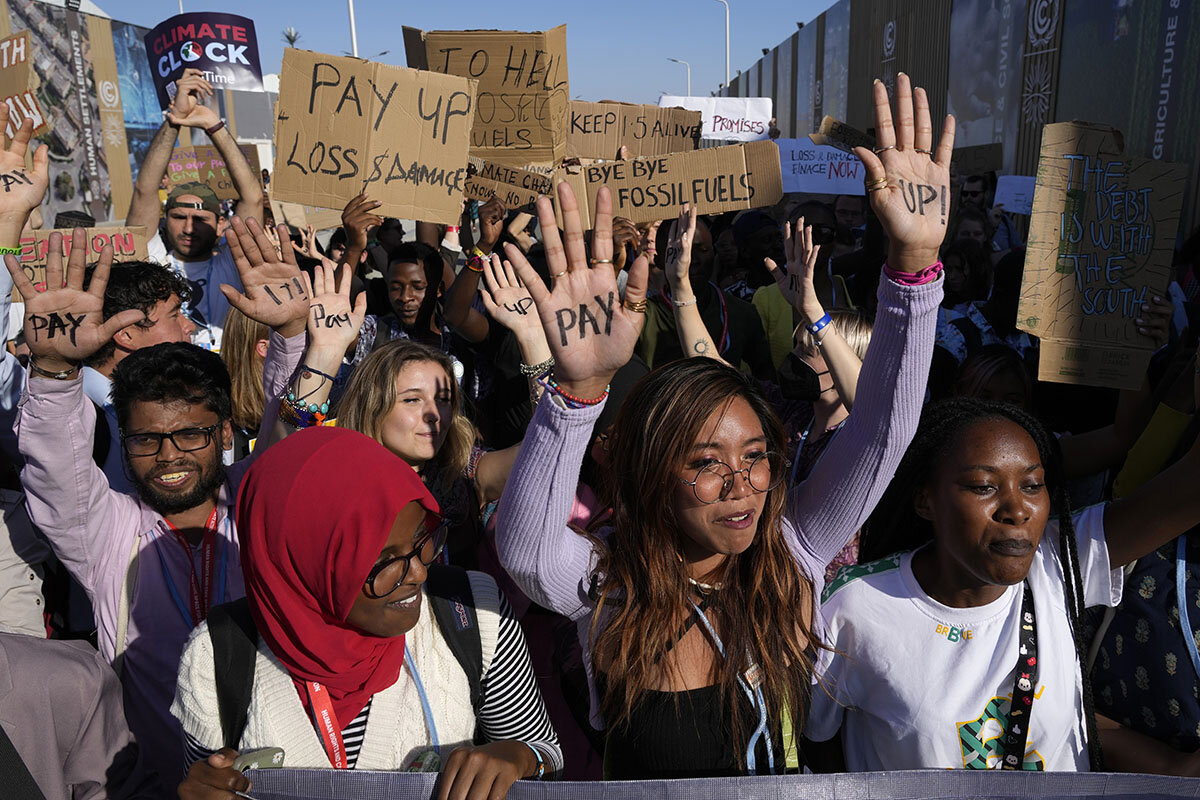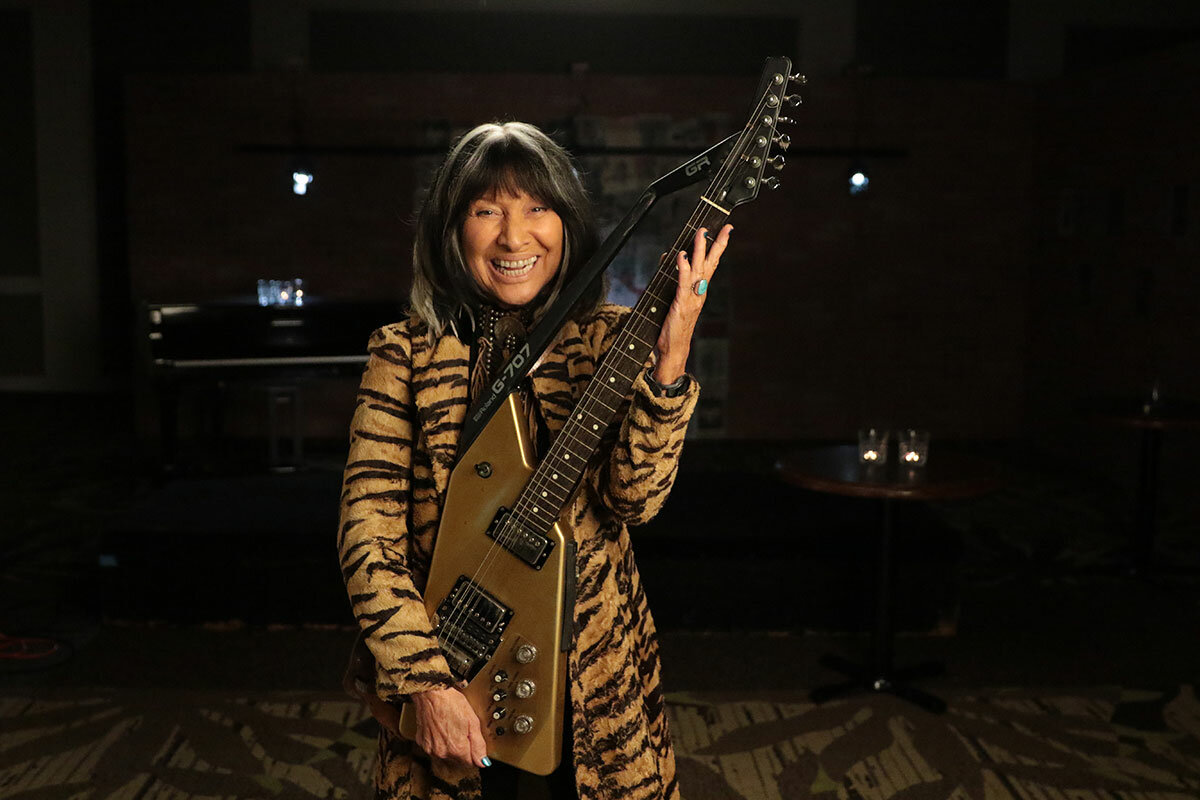Somalia’s worst drought in 40 years has sparked warnings from the U.N. of unprecedented catastrophe. This time, though, a functioning government is coordinating among aid agencies. Still needed: generosity.
Monitor Daily Podcast
- Follow us:
- Apple Podcasts
- Spotify
- RSS Feed
- Download
 Amelia Newcomb
Amelia Newcomb
In her report last week from the liberated town of Lyman, Ukraine, Dominique Soguel put a human face on the demands for precision and speed confronting those who clear mines from conflict areas.
Russian mines litter Ukraine’s landscape; civilian casualties are spiking. These experts know their work is crucial to restoring power and the rhythms of daily life. Yet the work is painstaking.
“The deminers couldn’t believe the scale and longevity of the demining effort in the context of a war,” Dominique says, noting one estimate that a year of war means 10 years of cleanup.
The work is happening against the backdrop this week of the 25th anniversary of the landmark Anti-Personnel Mine Ban Treaty. Its advocates won the 1997 Nobel Peace Prize for their mission to stigmatize an indiscriminate tool of war and set standards for clearing mines, educating locals, and assisting victims. As the editorial manager of Landmine Monitor 2022, an annual report, wrote, “A quarter century ago, the ban on landmines put human security front and center.”
Yet that high purpose, signed onto by 164 countries, including all NATO members except the United States, faces rising challenges. (The U.S. moved closer to supporting it in June.)
Progress continues, with Cambodia and Croatia holding top spots for mine clearance last year. And Cambodia, which has hard-won expertise, just committed to sharing it with Ukraine, as has the United States. Yet land mines threaten residents in 60-plus countries and territories. This year’s report tallies some 5,544 people killed or injured. Most were civilians, and half were children.
The deminers Dominique met share common ground with colleagues globally: a sense of responsibility to protect noncombatants. Lyman shows what that looks like on the ground. A sense of service and humor helps sustain deminers there amid the stresses and long hours, Dominique says: “They manage to lift each other up.”










